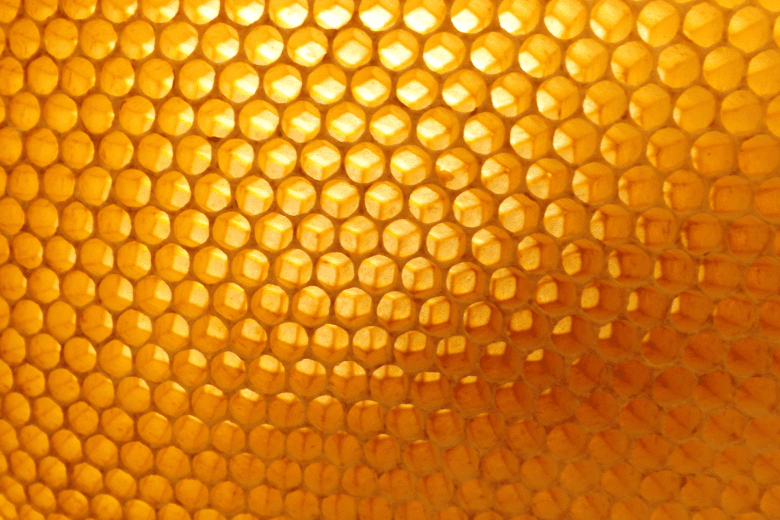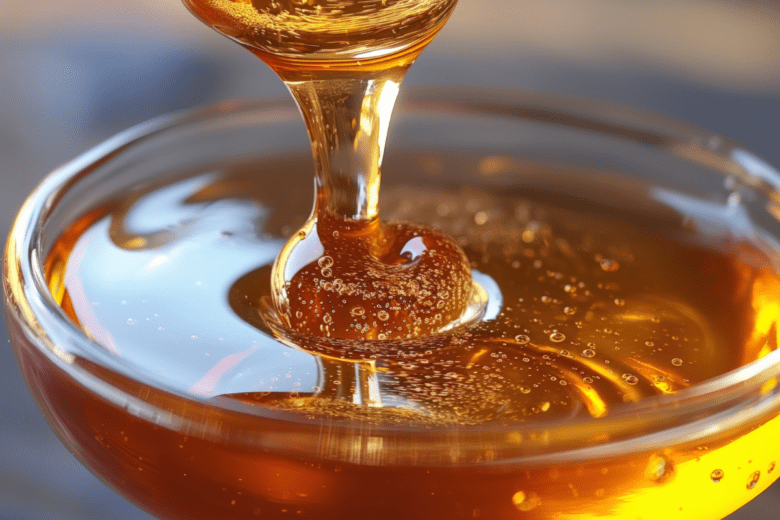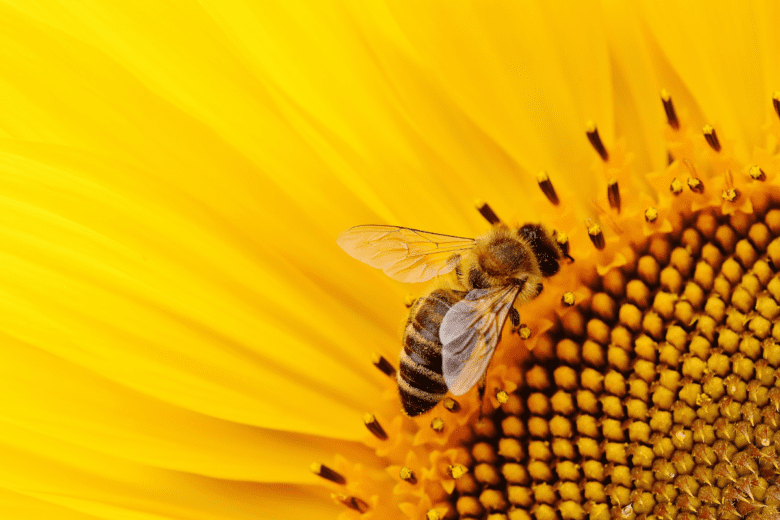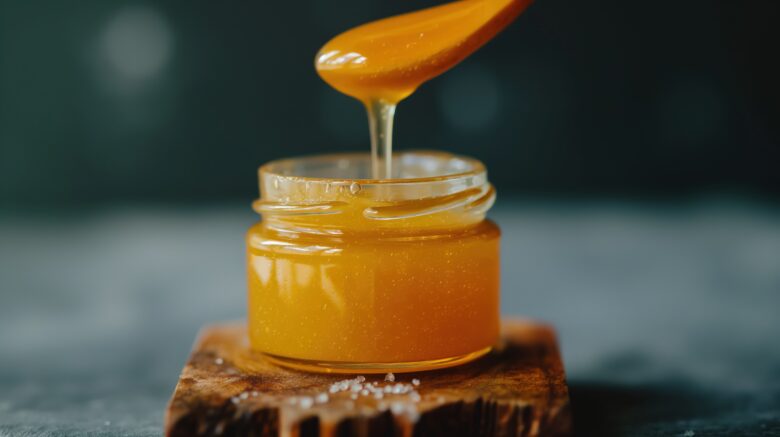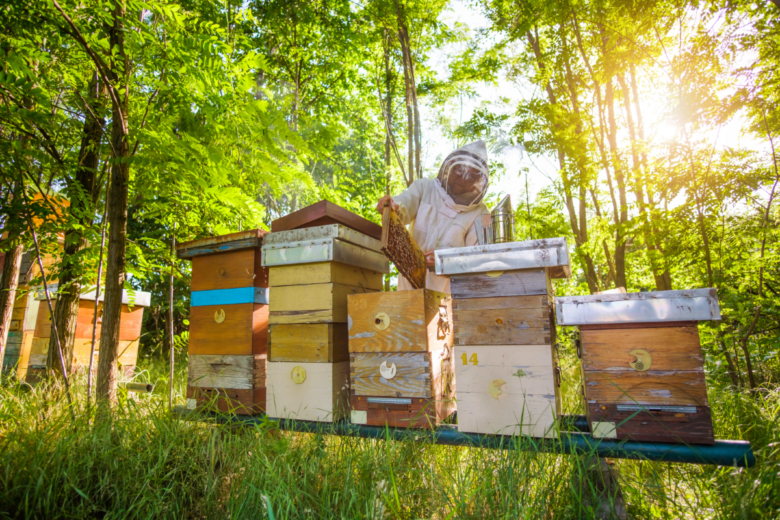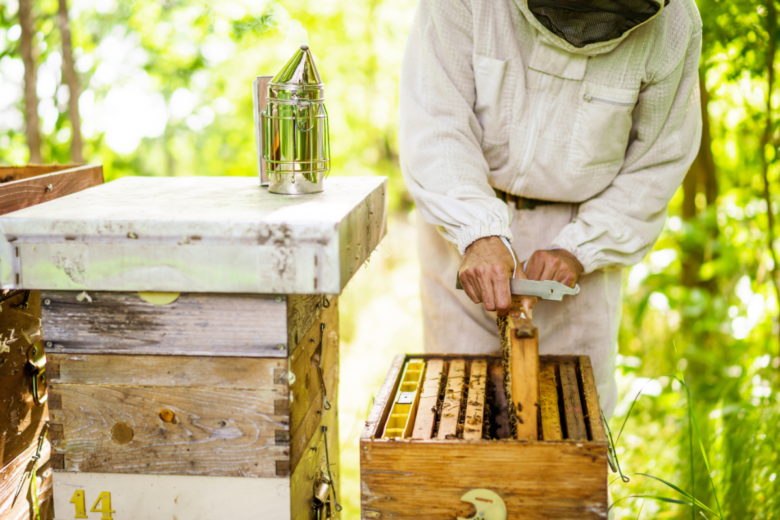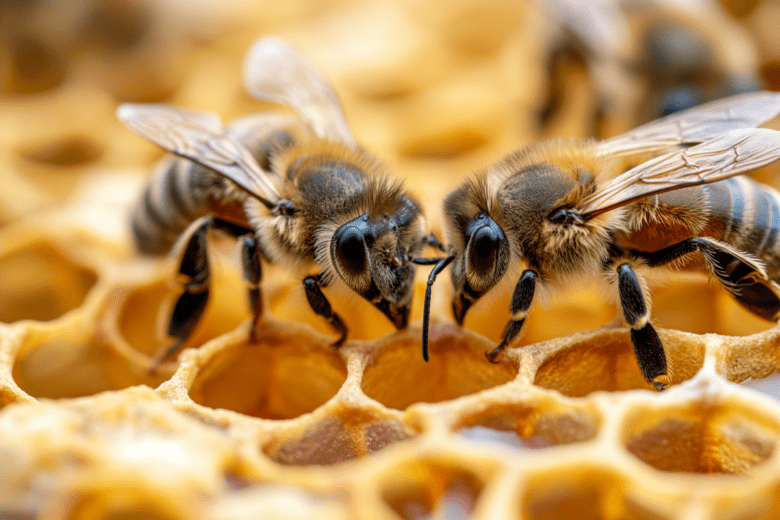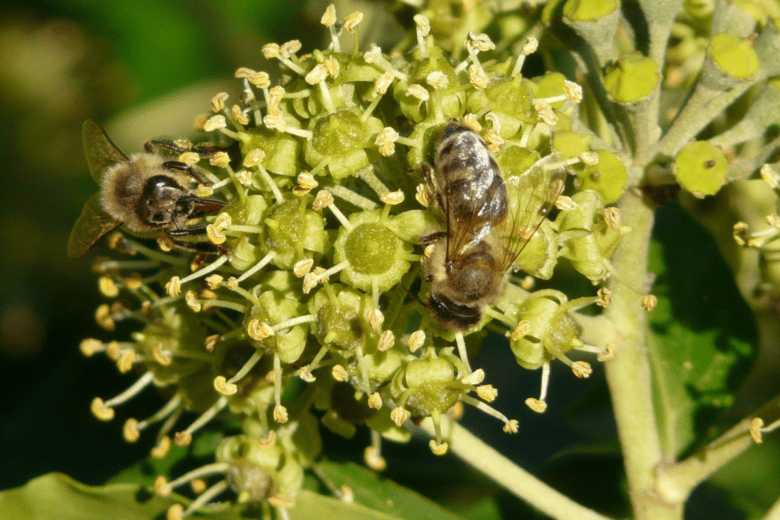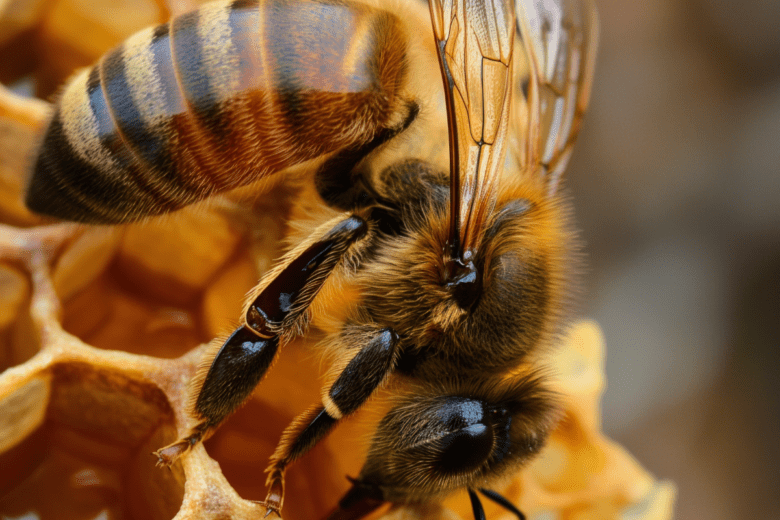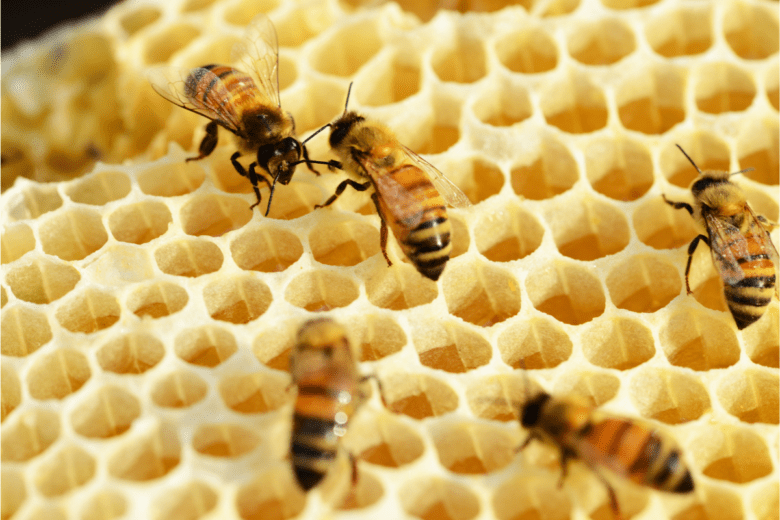Beekeeping, or apiculture, is more than just a hobby; it’s a fascinating practice that has been integral to agriculture and environmental sustainability for thousands of years. As one of the oldest forms of agriculture, beekeeping involves the careful management of honeybee colonies to produce honey, beeswax, and other products while ensuring the health and productivity …
Hive products, including honey, beeswax, propolis, and others, are natural treasures that have been cherished for centuries. These products are not only central to human history and culture but also offer a range of health benefits and practical uses. Understanding the significance of these products involves delving into their historical roots, the science behind their …
Honey, a golden elixir cherished for its sweetness and health benefits, has been harvested and used by humans for thousands of years. However, the journey from hive to jar involves meticulous processes that ensure the honey remains pure, nutritious, and safe for consumption. Proper collection and storage of honey are critical not only to maintain …
Bees play a crucial role in maintaining the balance of our ecosystems. As primary pollinators, they are responsible for the reproduction of many plant species, including a large number of crops that are vital for human consumption. Without bees, the biodiversity of our flora would drastically decline, leading to a cascade of negative effects on …
Honey production is a vital aspect of beekeeping, serving as both a rewarding hobby and a profitable business. For beekeepers, maximizing honey yield is crucial, not only for economic gain but also for ensuring the health and productivity of the bee colony. Honey is not only a delicious natural sweetener but also plays a significant …
In recent years, urban beekeeping has emerged as a burgeoning trend, reflecting a broader movement towards sustainable living and environmental stewardship. As cities continue to grow and evolve, the space for traditional agriculture diminishes, making urban beekeeping an innovative solution to harnessing the benefits of beekeeping in densely populated areas. This practice involves setting up …
Beekeeping, or apiculture, is a practice that holds immense value not only for the environment but also for agriculture and human well-being. The art of maintaining bee colonies dates back thousands of years, and its significance has only grown in recent times due to the critical role bees play in pollination. Bees are essential pollinators …
Bees play an indispensable role in our ecosystem, acting as primary pollinators for a vast array of plants, including many that produce the food we eat daily. The health of bee populations directly impacts biodiversity, agricultural productivity, and the stability of ecosystems globally. Pollination by bees is crucial for the reproduction of about 80% of …
Bees play an indispensable role in the global ecosystem, especially when it comes to food production and sustainability. These small but mighty insects are responsible for the pollination of approximately 75% of the world’s flowering plants and nearly 35% of global food crops. Without bees, many of the fruits, nuts, and vegetables that are staples …
Choosing the best location for your hives is a critical decision that can significantly impact the health and productivity of your bee colonies. The success of your beekeeping endeavors hinges on providing an environment that meets the needs of your bees while also considering factors that can influence their behavior and well-being. Bees are highly …


